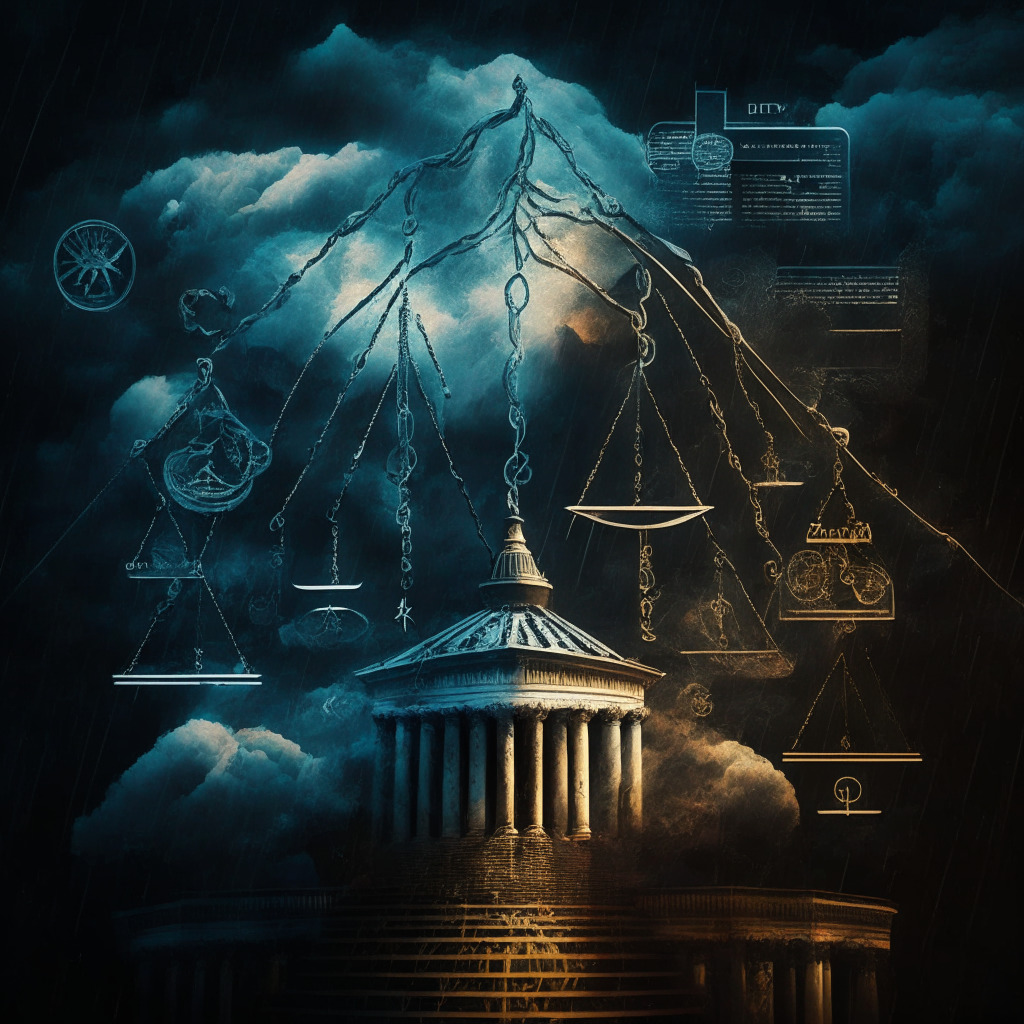Lawmakers in the United States House of Representatives have come together across the political divide to support a bill that would ban members of Congress, as well as their spouses and dependents, from trading or owning certain financial instruments. This legislation could potentially extend to investments in digital assets such as cryptocurrencies.
Introduced by Democratic Representatives Alexandria Ocasio-Cortez (AOC) and Raja Krishnamoorthi, alongside Republican counterparts Brian Fitzpatrick and Matt Gaetz, the Bipartisan Restoring Faith in Government Act aims to amend US laws to prohibit ownership of securities, securities futures, and commodities for congressional members. Furthermore, it seeks to limit their capacity to own or trade certain assets, including the emerging field of digital currencies.
Should the bill pass, members of Congress who are already invested in these assets will be required to sell them off or place them in a blind trust within 90 days of the bill’s passage. Non-compliance could result in civil charges from the US Attorney General, with potential fines reaching up to $50,000.
AOC has emphasized the need for this legislation, arguing that the ability of members of Congress to trade stocks individually erodes public trust in the government. She adds that those with access to classified information should not be exploiting it for trading purposes on the stock market.
However, the question of including digital assets under these prohibitions highlights the potential conflict over their categorization. While cryptocurrencies are considered commodities by the Commodity Futures Trading Commission (CFTC), the Securities and Exchange Commission (SEC) has rendered some digital assets to be securities. This discrepancy makes it uncertain how the bill, if passed, would impact congressional members’ ability to invest in cryptocurrencies.
On the one hand, regulating congressional investments in digital assets could bolster the legitimacy of the cryptocurrency market by subjecting them to the same regulations as traditional assets. It could also signal increased recognition and acceptance of digital currencies and financial instruments by lawmakers.
Conversely, cryptocurrency enthusiasts may view this as an unnecessary intrusion by the government into the digital currency sphere. They could argue that the uniqueness of cryptocurrencies calls for a different approach to regulation.
Overall, the Bipartisan Restoring Faith in Government Act marks a significant development in the debate over the regulation of digital assets and congressional investments. While it could restore greater confidence in government institutions by eliminating potential conflicts of interest, this bill also raises questions about the future of cryptocurrency regulations and the involvement of government officials in this emergent market.
Source: Cointelegraph




